Introduction
Artificial Intelligence (AI) is rapidly transforming the automobile industry, revolutionizing how cars are designed, manufactured, and driven. From autonomous vehicles to smart safety features, AI is not just a futuristic concept but a present-day reality changing the driving experience and automotive business globally, especially in the USA.
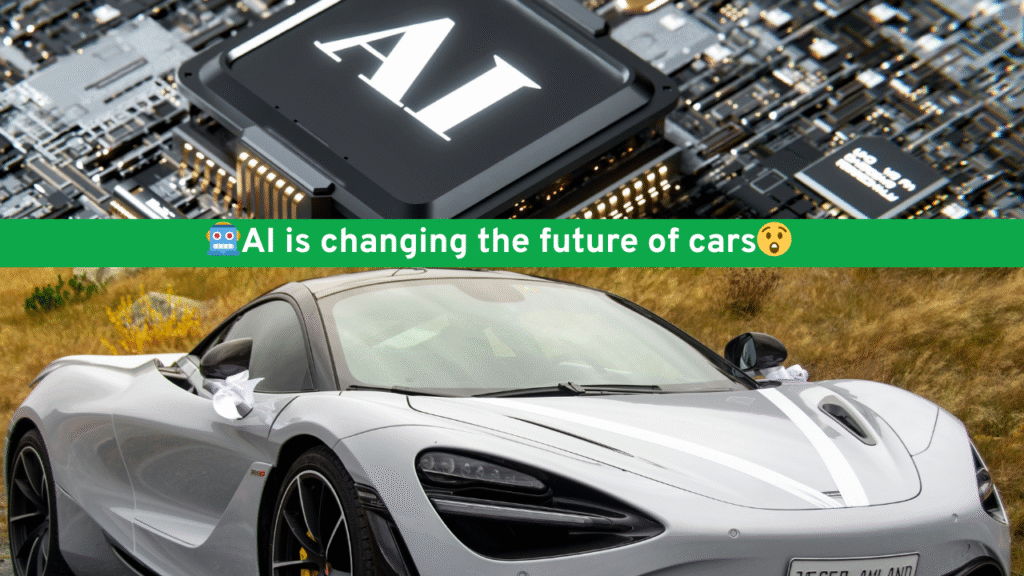
In this blog post, we’ll dive deep into how AI is reshaping the automobile industry, the benefits it brings, current applications, challenges, and what the future holds for AI-powered cars.
What is AI and How Does it Relate to Automobiles?
Artificial Intelligence refers to computer systems capable of performing tasks that typically require human intelligence, such as learning, problem-solving, and decision-making. In the automotive world, AI technologies help cars “think” and respond to their environment, making driving safer, easier, and more efficient.
Key Areas Where AI is Changing the Automobile Industry
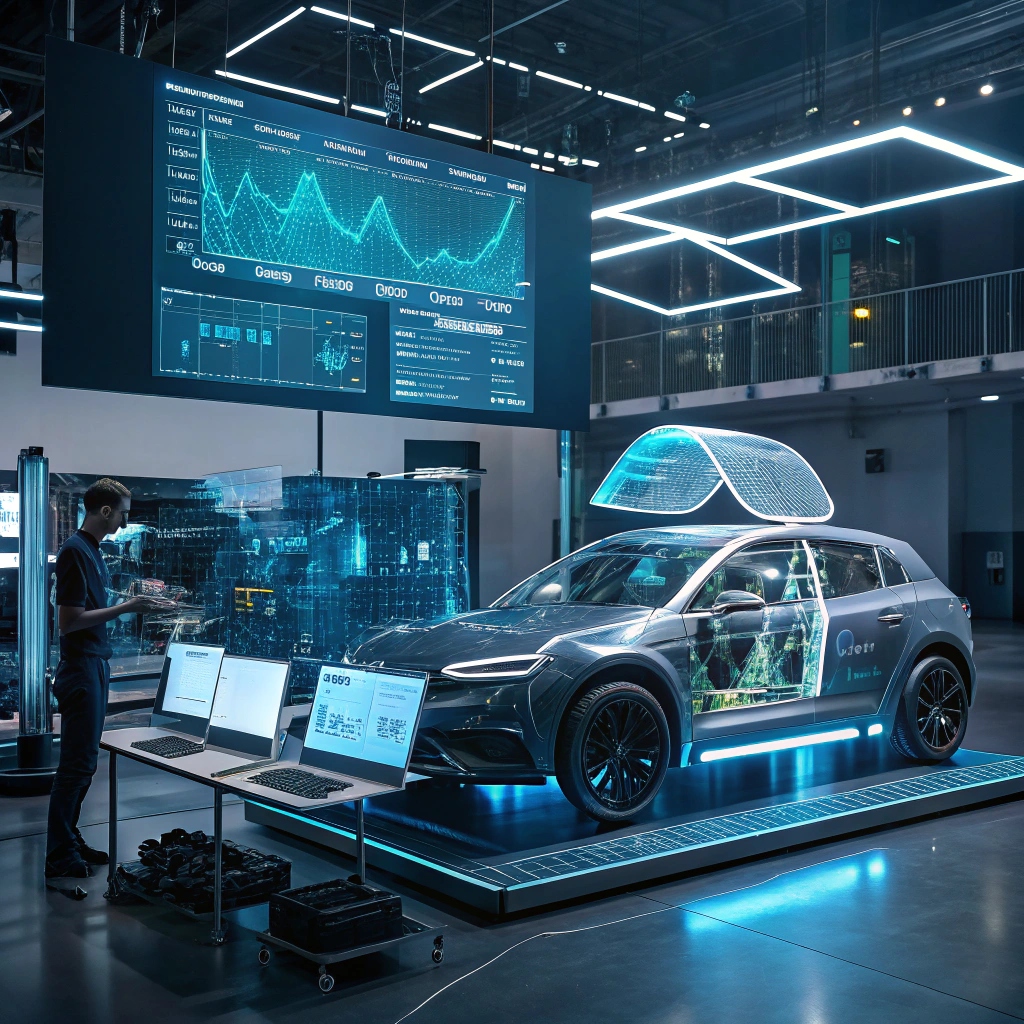
1. Autonomous Vehicles and Self-Driving Cars
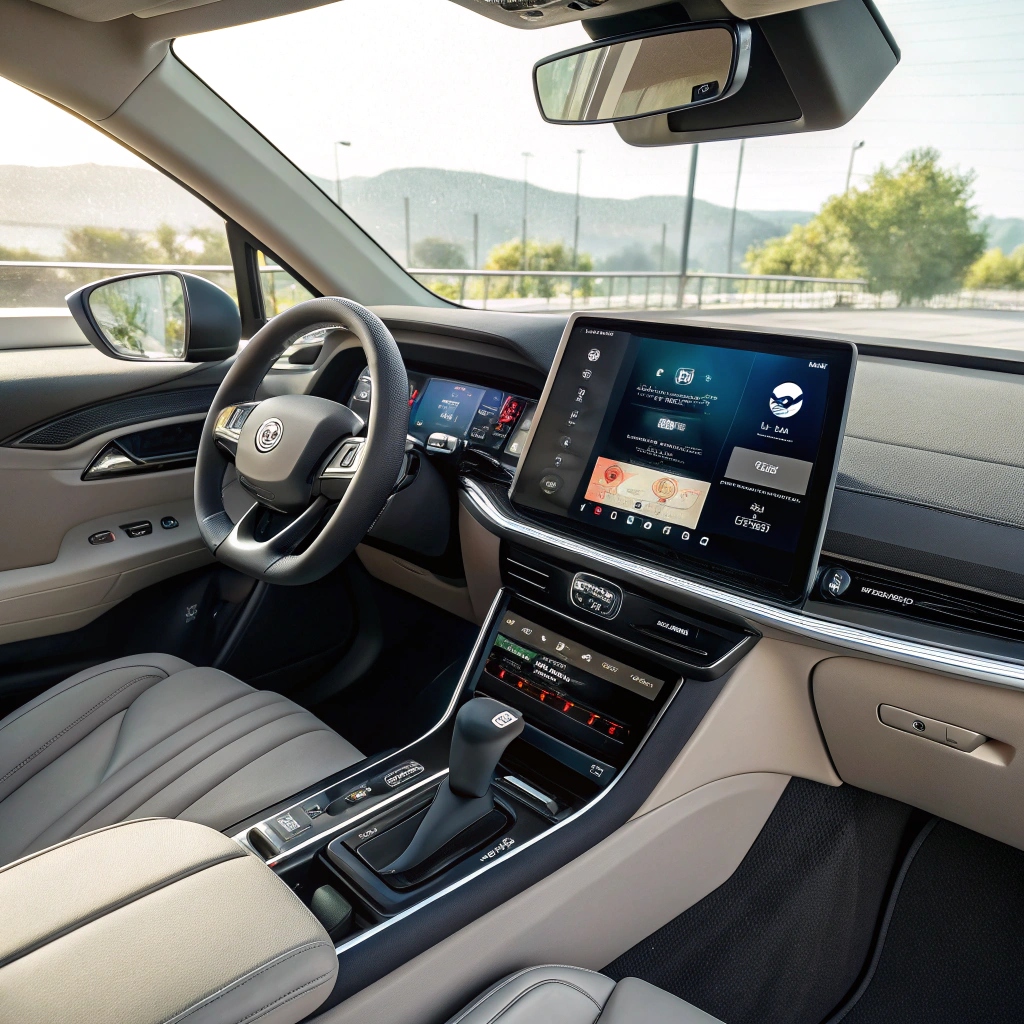
One of the most talked-about impacts of AI in automobiles is autonomous driving. Companies like Tesla, Waymo, and Cruise are pioneering self-driving technology that relies on AI algorithms, sensors, and cameras to navigate roads, avoid obstacles, and make real-time decisions.
- Levels of Autonomy: The Society of Automotive Engineers (SAE) defines six levels from Level 0 (no automation) to Level 5 (full automation). Most AI car tech today is at Level 2 or 3, with companies striving to reach full Level 5 autonomy soon.
- Benefits: Autonomous cars promise to reduce accidents caused by human error, increase mobility for the disabled, and decrease traffic congestion.
2. AI-Powered Driver Assistance Systems
Even without full autonomy, AI enhances driver safety through Advanced Driver-Assistance Systems (ADAS) like:
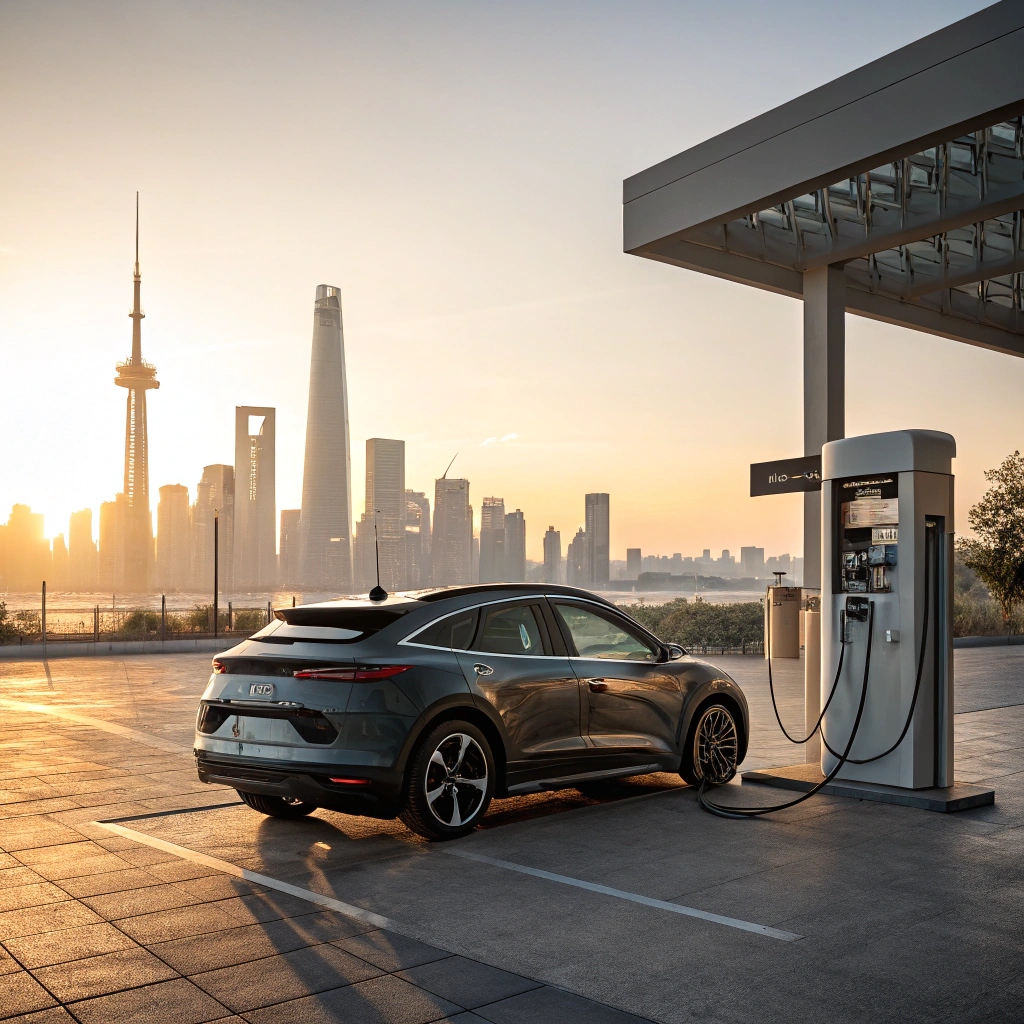
- Adaptive cruise control
- Lane-keeping assist
- Automatic emergency braking
- Blind-spot detection
These systems use AI to analyze sensor data and predict hazards, alerting the driver or taking corrective actions.
3. Predictive Maintenance and Diagnostics
AI enables cars to monitor their own health using sensors and data analytics. Predictive maintenance helps detect mechanical issues before they cause breakdowns, saving money and improving reliability. Many US car manufacturers offer AI-powered telematics services that notify drivers about necessary repairs.
4. Personalized In-Car Experience
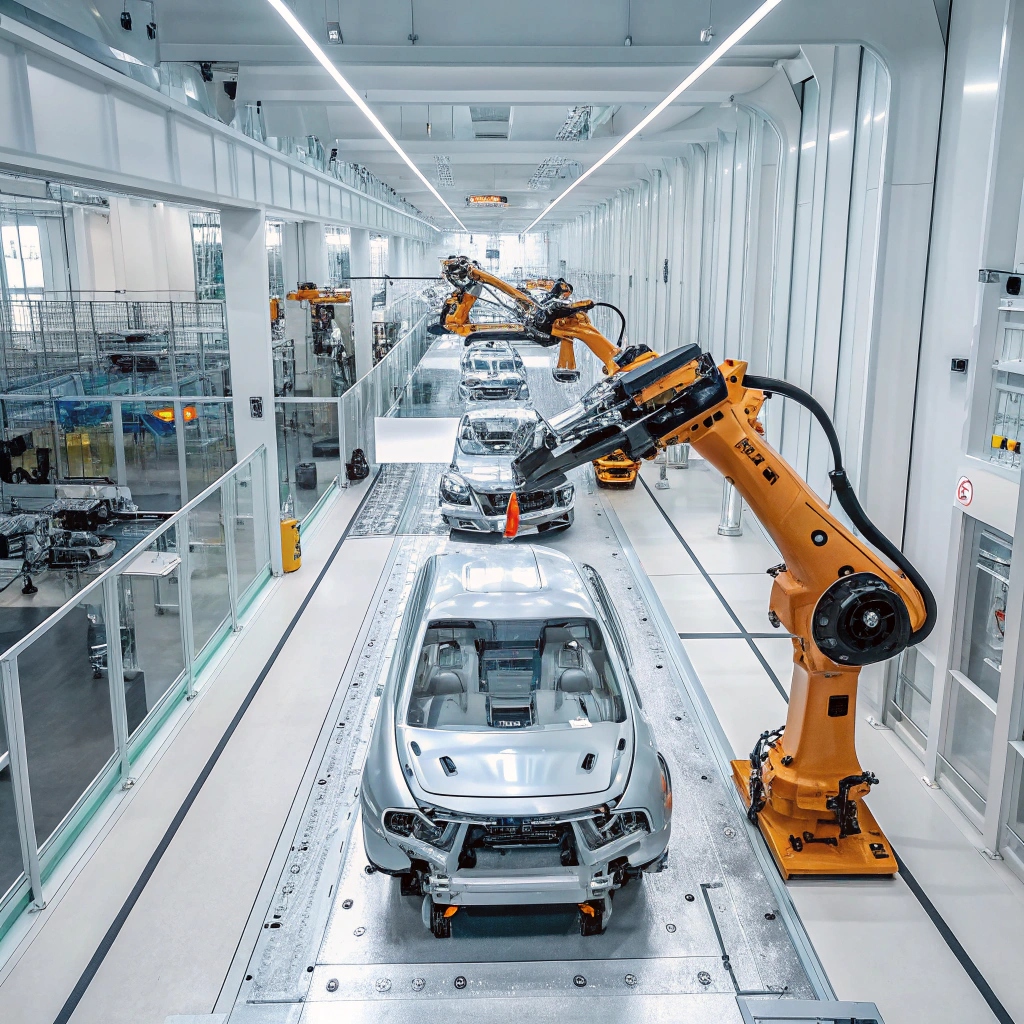
AI also customizes the driving environment. Voice assistants like Amazon Alexa and Google Assistant integrated into vehicles allow hands-free control of navigation, entertainment, and climate settings. AI learns driver preferences to adjust seat position, music, and temperature automatically.
5. AI in Manufacturing and Supply Chain
Behind the scenes, AI optimizes the automotive manufacturing process by improving quality control, robotic assembly lines, and supply chain management. For example, AI systems predict parts demand and streamline inventory, reducing costs and delays.
How AI Benefits the Automobile Industry and Consumers in the USA
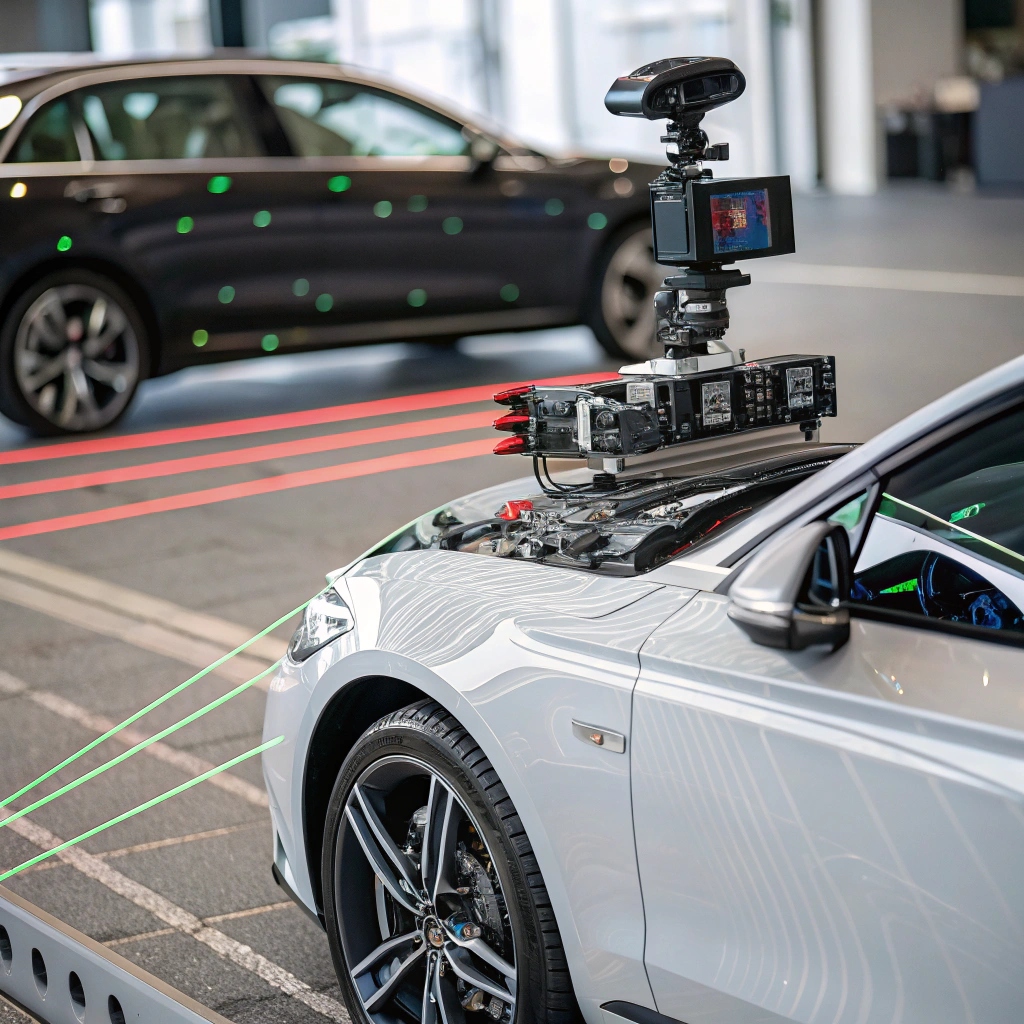
- Enhanced Safety: AI reduces accidents by assisting or replacing human decision-making.
- Fuel Efficiency: AI-driven route optimization and engine management improve fuel economy, helping meet US environmental regulations.
- Convenience: AI-powered infotainment and voice control improve driver comfort and accessibility.
- Cost Savings: Predictive maintenance minimizes repair costs and vehicle downtime.
- Sustainability: AI supports electric vehicle development and smart energy management.
Challenges and Concerns with AI in Automobiles
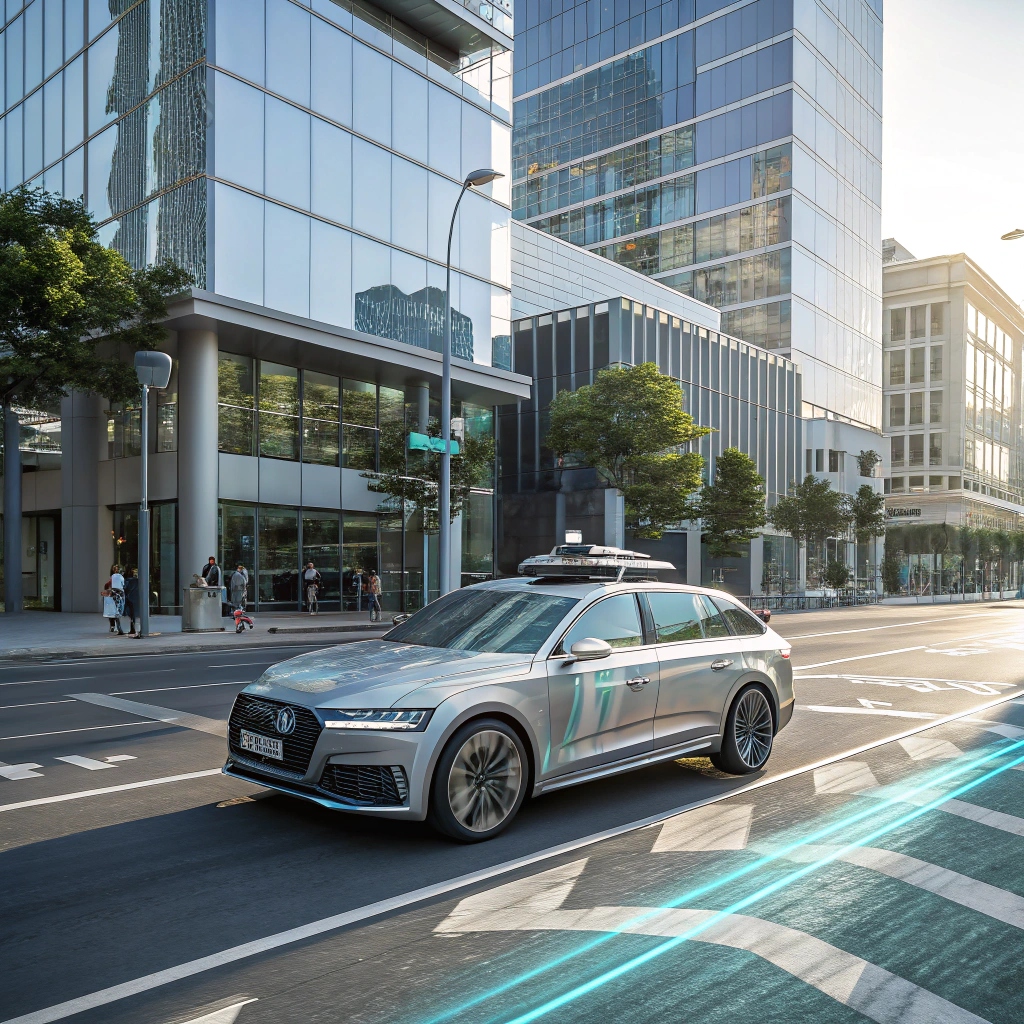
- Technical Limitations: AI systems need vast data and robust algorithms to handle complex driving environments.
- Regulatory Hurdles: Laws around autonomous vehicles vary across US states, slowing widespread adoption.
- Ethical Issues: Decision-making in life-threatening situations remains controversial.
- Cybersecurity Risks: Connected cars are vulnerable to hacking and data breaches.
The Future of AI in the Automobile Industry
Experts predict that by 2030, most cars in the US will have AI-powered features ranging from semi-autonomous driving to full self-driving capabilities. AI will also enable smarter city infrastructure, interacting with vehicles for optimized traffic flow and safety.
Frequently Asked Questions (FAQs)
Q1. Are fully autonomous cars safe?
While still in development, autonomous cars have the potential to drastically reduce accidents caused by human error. However, safety depends on rigorous testing and regulatory approval.
Q2. Will AI replace human drivers?
AI aims to assist and enhance human driving. Full replacement may take decades, with human oversight remaining essential in the near future.
Q3. How does AI improve fuel efficiency?
AI optimizes engine performance and navigational routes, reducing unnecessary fuel consumption and emissions.
Q4. Are AI-powered cars affordable?
Currently, advanced AI features come at a premium, but costs are expected to decrease as technology matures.
Conclusion
Artificial Intelligence is driving a new era in the automobile industry, making cars safer, smarter, and more efficient. The US automotive market is embracing AI innovations, and the coming decade promises exciting advancements that will redefine personal and commercial transportation.
Whether you’re a car enthusiast, a tech lover, or a regular driver, AI-powered automobiles will impact your life in profound ways soon. Staying informed about these trends is key to understanding the future of mobility.

